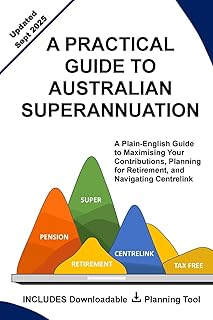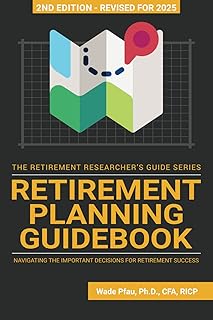Retirement planning in 2025 presents a unique set of challenges for today’s retirees due to market volatility, political changes, rising expenses, and healthcare considerations. A study by Allianz Life reveals that the fear of running out of money surpasses the fear of death for 64% of Americans. Financial advisors play a crucial role in helping clients navigate these complexities and develop a robust retirement strategy.
Retirement is not just a financial transition but also an emotional one. To address this, advisors conduct “Flourish Meetings” with clients, engaging in conversations that help clarify goals, values, money beliefs, and priorities for the next phase of life.
Dispelling the myth that spending decreases in retirement, advisors emphasize the importance of creating a realistic, dynamic budget that reflects actual lifestyle spending patterns, healthcare costs, and unexpected expenses. Clients are encouraged to analyze real numbers rather than relying on assumptions about their post-retirement spending.
Building a flexible investment strategy with ample cash reserves is essential to weather market volatility. Advisors recommend maintaining a healthy cash reserve in high-yield savings or money market accounts to avoid selling investments at a loss during market downturns. Diversification is emphasized to balance growth potential and manage risk effectively.
Healthcare costs are a significant consideration in retirement planning. For clients retiring before age 65, exploring options such as COBRA plans, ACA marketplace plans, and health care subsidy credits is crucial. Partnering with a trusted Medicare broker helps in choosing the right coverage, including options like Advantage vs. Supplement plans and prescription coverage.
Optimizing taxes is a key aspect of retirement planning, especially during the early retirement phase. Advisors advise clients to manage tax brackets, minimize IRMAA surcharges to Medicare, and execute tax-efficient withdrawal strategies. Strategies like Roth conversions and strategic IRA withdrawals can significantly impact lifetime taxes and healthcare surcharges.
Retirement also calls for a review of estate planning and organizing key documents. Clients are encouraged to ensure that their estate planning documents are up to date and have discussions with family members regarding financial affairs. Completing legacy planner books, organizing financial records, and setting up password keepers are recommended to streamline the estate planning process.
In conclusion, retiring in 2025 poses both financial and emotional challenges, but proactive planning can help ease the transition. By guiding clients through budget tuning, risk reassessment, tax optimization, and estate planning, financial advisors can help individuals achieve a stable, happy, healthy, and confident retirement.
📰 Related Articles
- SuperGuide: Navigating Super Funds for Secure Retirement Planning
- SuperGuide Empowers Smart Retirement Planning for Financial Security
- Expert Tips for Navigating Home Loan Challenges in 2025
- Women in Wealth Awards 2025 Celebrate Financial Sector Excellence
- Volvo EX30: Navigating Urban Challenges in Electric Style






